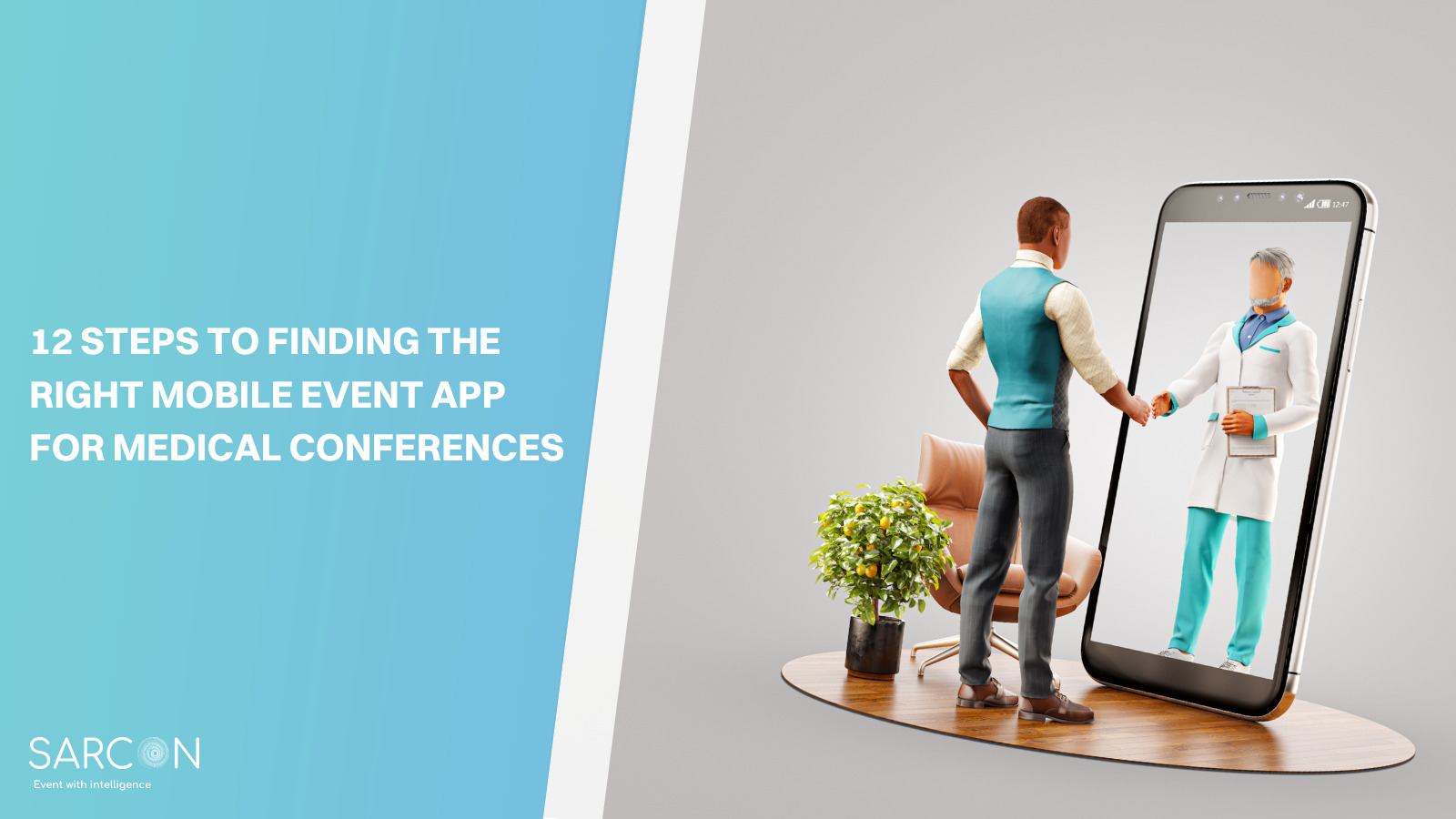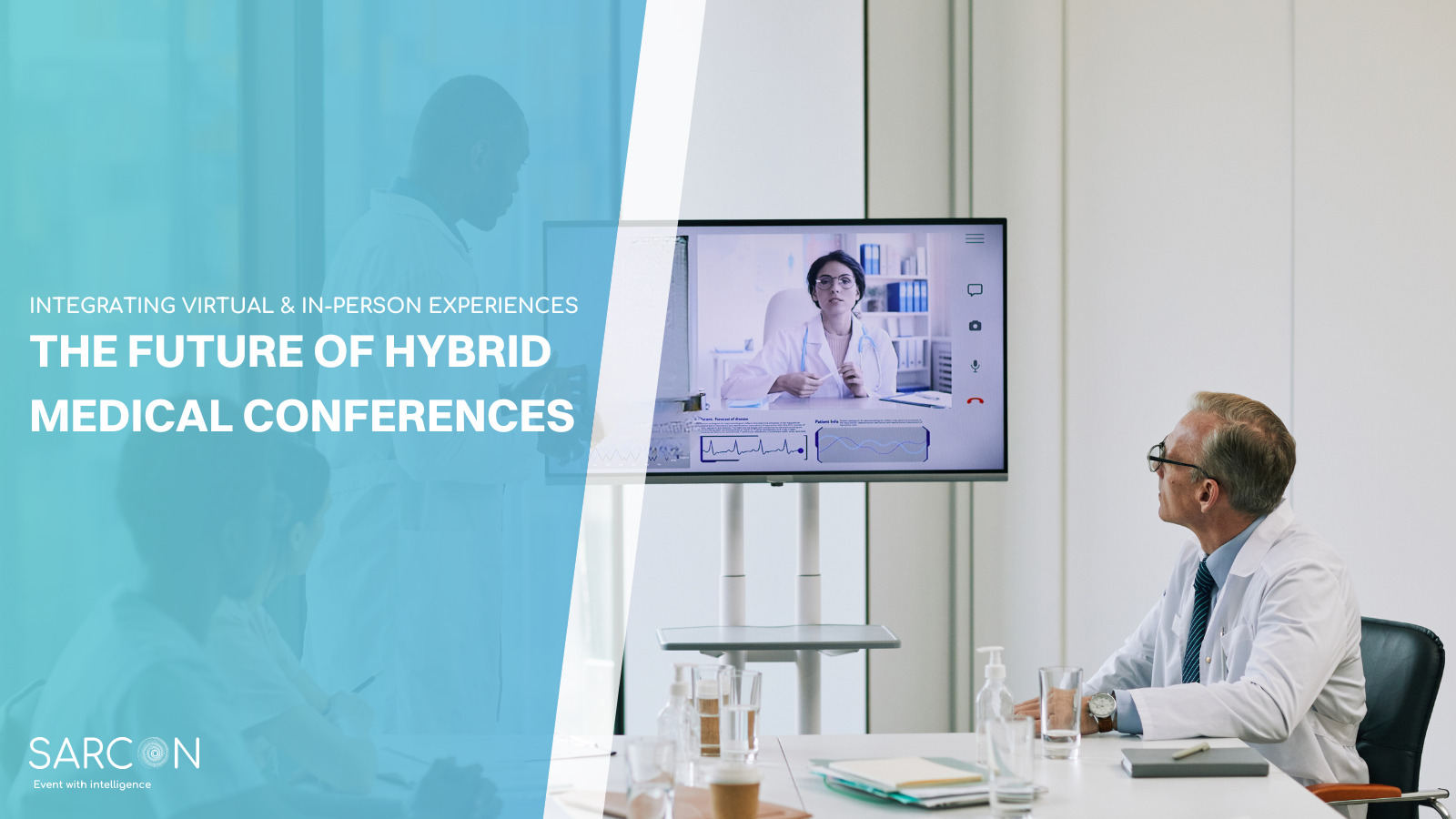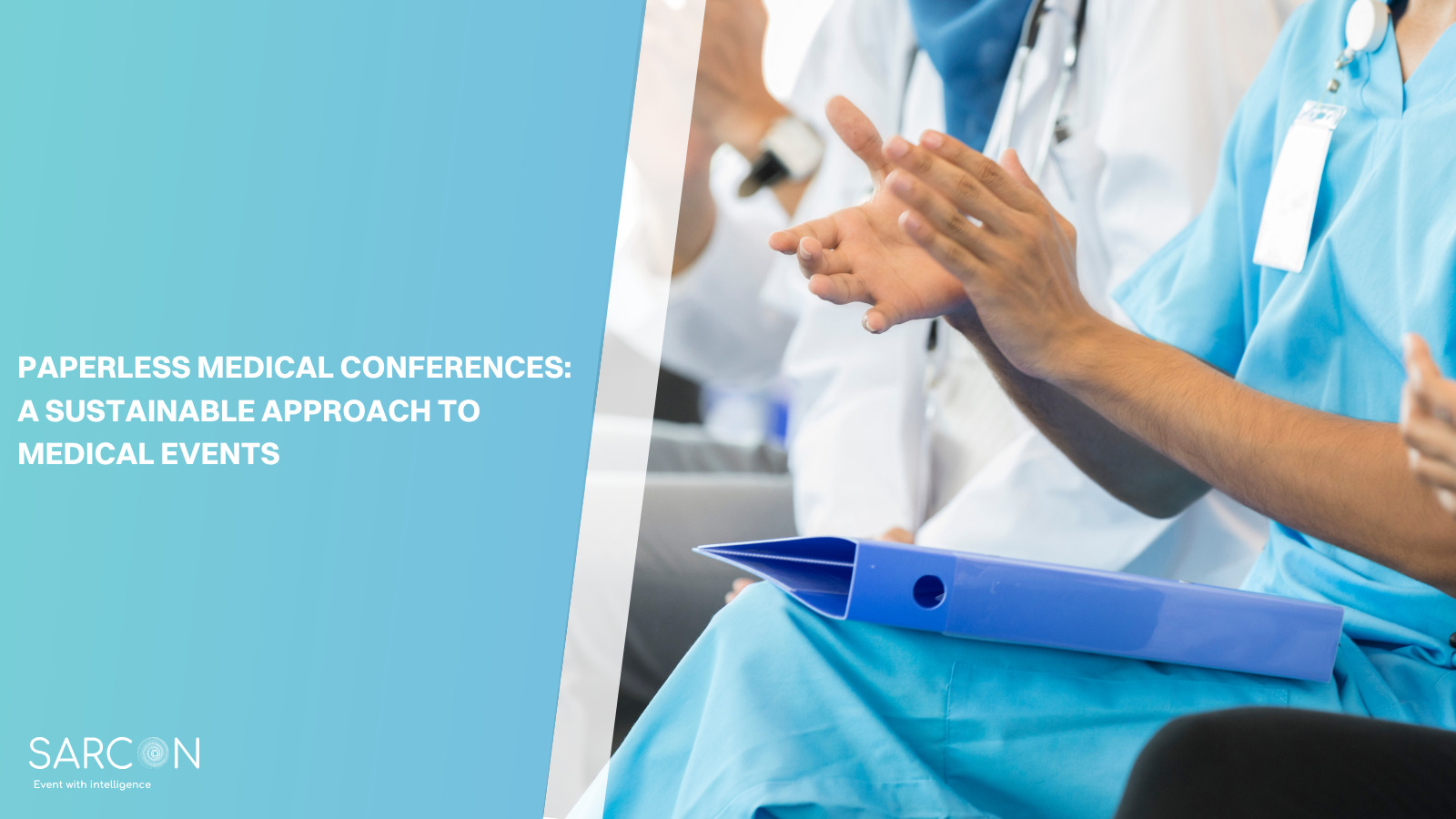Medical conferences are invaluable opportunities for healthcare professionals to share knowledge, network, and stay updated on the latest advancements in their field. Whether you’re an organizer or an attendee, making the most of these events can have a profound impact on your career and the broader healthcare community. In this blog, we’ll explore strategies to help you maximize the impact of your medical conference experience.
-
Pre-Conference Preparation
Before attending or organizing a medical conference, thorough preparation is key to ensuring a successful experience:
a. Set clear objectives: Define your goals for the conference. Are you attending to learn, network, present research, or promote your institution? Identifying your objectives will help you prioritize your activities.
b. Review the agenda: Familiarize yourself with the conference schedule and select sessions or workshops that align with your interests and goals.
c. Connect with peers: Reach out to colleagues who are attending the conference and arrange to meet. Networking is an essential aspect of any medical conference.
d. Research presenters: Learn about the speakers and presenters to identify those whose sessions you’d like to attend or engage with. This will help you make informed choices during the event.
-
Active Participation
To maximize the impact of your medical conference experience, active participation is crucial:
a. Engage in discussions: Don’t be a passive observer. Participate in Q&A sessions, panel discussions, and workshops. Sharing your insights and asking questions will help you get the most out of the event.
b. Take notes: Bring a notebook or use a note-taking app to record key takeaways, new insights, and action items. This will be a valuable resource after the conference.
c. Stay connected: Utilize social media platforms and conference apps to connect with fellow attendees, share your experiences, and join discussions. The digital networking can extend your conference impact beyond the event.
-
Post-Conference Follow-Up
After the conference ends, your work is not complete. Make sure to follow up on your experience:
a. Review and reflect: Take some time to review your notes, process the information you’ve gathered, and consider how it can be applied in your practice or research.
b. Share your insights: Whether you attended as a presenter or an attendee, share your insights with your colleagues and peers. This helps disseminate valuable information and contributes to your professional network.
c. Implement what you’ve learned: Apply the knowledge and skills you acquired during the conference to your daily work. This practical application is the ultimate measure of the conference’s impact.
-
Networking
Networking is one of the most significant benefits of medical conferences:
a. Attend social events: Many conferences include social events and receptions. These offer relaxed settings for networking and establishing meaningful professional relationships.
b. Use technology: Leverage social media and professional networking sites to connect with fellow attendees before and after the conference. LinkedIn, for example, is an excellent platform for building professional relationships.
c. Be proactive: Don’t wait for others to approach you. Take the initiative to introduce yourself, exchange contact information, and follow up with those you meet.
-
Continuous Learning
The impact of a medical conference can extend beyond the event itself if you commit to ongoing learning:
a. Stay updated: Continuously monitor developments in your field through medical journals, newsletters, and online resources. This will help you build on the knowledge gained at the conference.
b. Consider further education: Identify areas where you need to expand your expertise and seek out additional training, courses, or certifications.
c. Attend future conferences: Make attending medical conferences a regular part of your professional development. The knowledge and connections you gain can be invaluable for your career.
Conclusion
Medical conferences are powerful tools for professional growth, knowledge sharing, and networking. By following the strategies outlined in this blog, you can maximize the impact of your medical conference experience, stay current in your field, and contribute to the advancement of healthcare. Whether you’re a healthcare professional, researcher, or organizer, these tips will help you make the most of these invaluable events.



